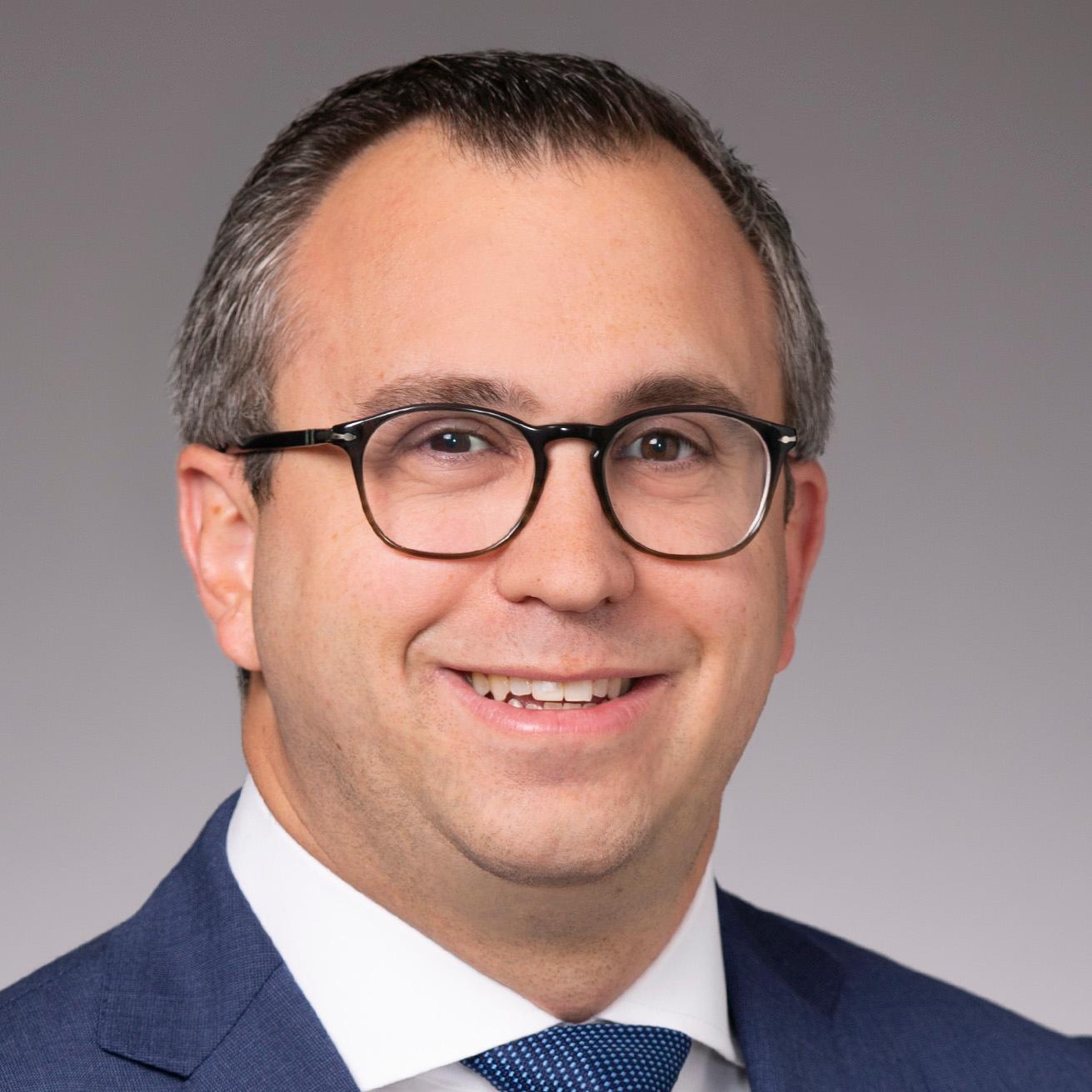
Share this course
12/09/2022 - 07/10/2022
Level
Intermediate
Approach
Qualitative
Delivery mode
Online
Recent failures of European financial institutions in combatting money laundering have increased the pressure on supervisory authorities. There is a need to strengthen anti-money laundering (AML) supervision, as well as the expectations on financial institutions themselves to enhance their ability to manage risks – starting from better risk understanding, appropriate governance to effective and comprehensive control processes.
The intermediate-level Academy on AML has been designed for both senior professionals in the financial services industry working in the AML area and staff members of supervisory authorities. In addition to providing thought provoking content on evolving industry and supervisory practices, the course will be a platform to stimulate exchanges and debates between the public and private sectors.
The Academy, held under the Chatham House rule, will provide financial institutions professionals with a better understanding of supervisory mechanisms and expectations, and act as a forum that fosters interactions and exchanges with peers on the latest industry trends in risk management processes and tools. For supervisors, the Academy provides an overview of good industry practices in managing money laundering risks, as well as concepts and approaches for effective supervision. For all stakeholders, this Academy will also give an up-to-date outlook on recent regulatory evolutions and reforms in the EU.

I appreciate that next to the 'content' there was also much attention for European (political) developments and challenges we face in the playing field with many relevant authorities and institutions, that are not necessarily aligned.

Participant in the 2020 edition of the course
After having completed the course, participants will be able to:
- Understand the regulatory and institutional framework for AML/CFT
- Develop a better understanding of risks and AML risks management
- Identify evolving supervisory practices
- Put in place effective and comprehensive control processes, for appropriate governance
- Observe the latest industry trends in risk management processes and tools
- Determine the key challenges of crypto-assets and new technologies for AML/CFT
- Critically reflect on regulatory evolutions and reforms for the EU AML architecture
- Role of financial services firms in fighting financial crime
- Implications of financial crime risk for financial institutions and financial system stability
- Institutional architecture and regulatory framework for financial crime supervision
- Key trends and evolutions in AML supervision and practices at European and national level
- Criminal law and enforcement strategies
- Supervisory perspectives and expectations in relation to firms’ governance and internal control systems
- Use of AML risk assessment and risk appetite frameworks
- Key trends and evolutions in core control processes: customer due diligence, customer risk rating and transaction monitoring
- Module 0: Course platform introduced & roadmap of the course
- Module 1: State of play of AML/CFT in the world and in Europe
- Module 2: AML/CFT today: facts and cases
- Module 3: AML/CFT institutional and regulatory dimensions
- Module 4: Boundaries of AML: ECB Banking Supervision’s role in AML/CFT and national supervisory perspective
- Module 5: Key trends and evolutions in core AML control processes
- Module 6 (Optional): AML/CFT criminal law and enforcement strategies in Europe
- Module 7: Case study: KYC and transaction monitoring
- Module 8: AML/CFT legal challenges and sanctions in the US
- Module 9: AML/CFT and the (new) technology
The Academy will feature three online live classes for personal live interactions with the faculty and participants:
- Monday 12 September – 12:00 – 13:30 CET | 1st live class
- Friday 30 September – 12:00 – 14:00 CET | 2nd Live class
- Thursday 6 October – 12:00 – 14:30 CET | 3rd Live class
Academy directors
-

Pierre Schlosser
Deputy Director
Florence School of Banking and Finance
Academy coordinators
Core faculty
-

Verena Landwehr
Team Lead, Non-Financial Risks – GR/ AMLCO
DG Horizontal Line Supervision, European Central Bank
-

Florian Narring
Head of Section in charge of Governance, Risk management and AML prudential issues
DG Horizontal Line Supervision, European Central Bank
Guest contributors
-

Pierpaolo Fratangelo
Heads of Anti Money Laundering Division
Bank of Italy
Registration deadline: 07 September 2022
- € 1350 – Private Sector
- € 1250 – Public Authorities (e.g. National Competent Authorities, Central Banks) and European Institutions –
- € 950 – Full-Time Professors, PhD Students, Research Associates
Please submit a certificate attesting your status of Professor, PhD Student or Research Associate to fbf@eui.eu before registering. *Seats for academics are limited.
Please note that the payment must be settled before the start of the course.
Limited seats per institution
A certificate of attendance will be provided to all participants after the course.
FEE WAIVERS:
A few fee waivers are available to outstanding candidates applying from, and resident in, low-income and lower-middle-income economies (as set by the World Bank) in the Americas, Africa and Asia.
The deadline for applying for a fee waiver is Wednesday 24 August 2022.
To apply for a scholarship, send your CV and a cover letter to the course secretariat at fbf@eui.eu.
CANCELLATION POLICY:
In case you can no longer attend the course, you are required to inform the organisers by sending an email to fbf@eui.eu in order to free a seat for participants in the waiting list.
In case of frequent cancellations, FBF reserves the right not to accept further registrations from the same person.
















